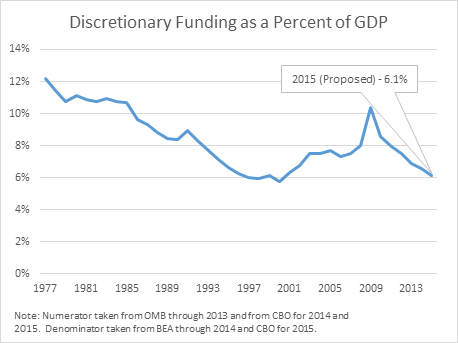Several months ago Mike Konczal had a piece, The [University of North Carolina] Coup and the Second Limit of Economic Liberalism. An excerpt:
The UNC System Board of Governors voted unanimously to cap the amount of tuition that may be used for financial aid for need-based students at no more than 15 percent. With tuition going up rapidly at public universities as the result of public disinvestment, administrators have recently begun using general tuition to supplement their ability to provide aid. This cross-subsidization has been heralded as a solution to the problem of high college costs. Sticker price is high, but the net price for poorer students will be low.
This system works as long as there is sufficient middle-class buy-in, but it’s now capped at UNC. As a board member told the local press, the burden of providing need-based aid “has become unfairly apportioned to working North Carolinians,” and this new policy helps prevent that. Iowa implemented a similar approach back in 2013. And as Kevin Kiley has reported for IHE, similar proposals have been floated in Arizona and Virginia. This trend is likely to gain strength as states continue to disinvest.
The problem for liberals isn’t just that there’s no way for them to win this argument with middle-class wages stagnating, though that is a problem. The far bigger issue for liberals is that this is a false choice, a real class antagonism that has been created entirely by the process of state disinvestment, privatization, cost-shifting of tuitions away from general revenues to individuals, and the subsequent explosion in student debt. As long as liberals continue to play this game, they’ll be undermining their chances.

